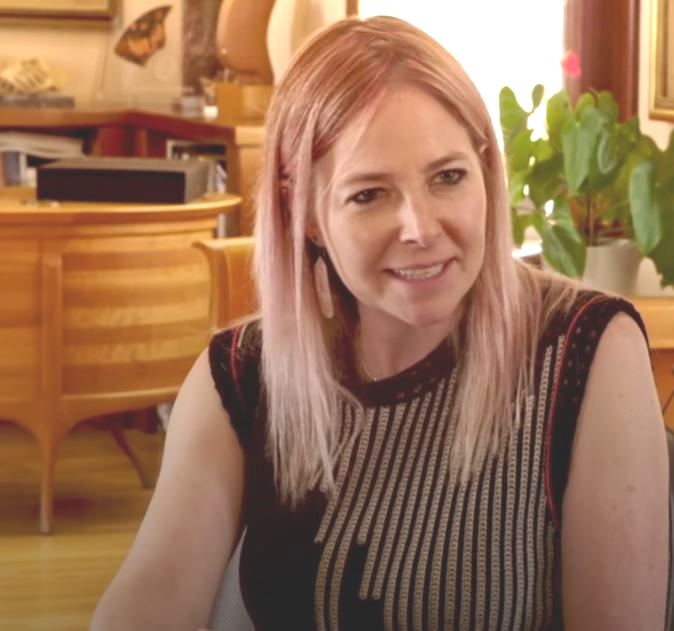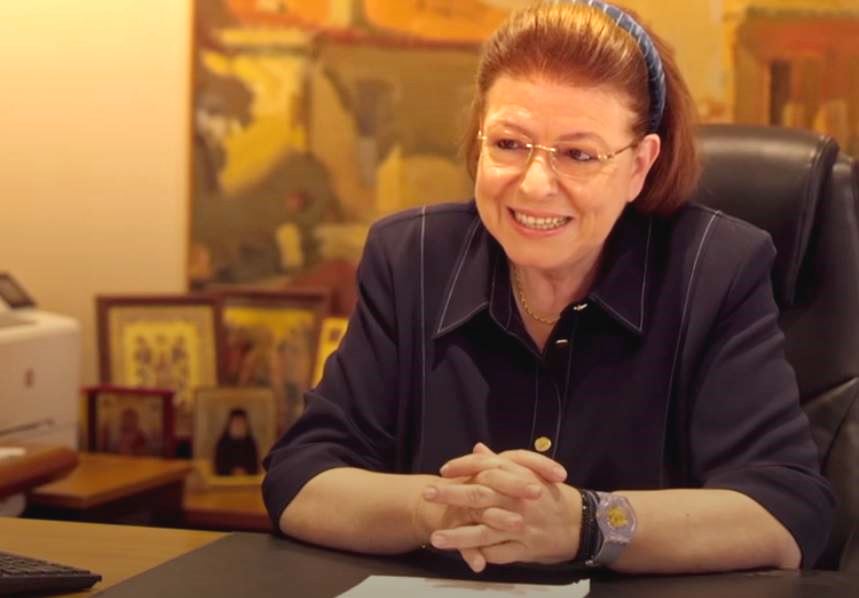Channel 4's second episode of 'Ancient Greece by Train' aired on Saturday 22nd March.
Professor Alice Roberts took viewers on a her second leg of a train journey to explore Ancient Greece. This time she was headed to Athens, looking at the birth of Democracy, exploring the origins of theatre, discovering ancient inscriptions that ensured we learned so much about Greece's ancient past, not least meeting with Greece's Minister of Culture, Dr Lina Mendoni to ask about the continued division of the Parthenon Marbles!
This programme is one to watch and we are grateful for Alice's conversation with Dr Mendoni too. As the British Museum appoints five new Trustees and is soon to begin the reimagining of the Western Range, which includes Room 18 (part of the British Museum's Parthenon Galleries), public opinion in the UK continues to support the return of these sculptures to Greece. It is Greece's only ask, which we feel is totally justified especially as we consider that the BM holds 108,184 Greek artefacts, of which only 6,493 are even on display.
BCRPM's campaign, which begun in 1983 continues.

Professor Alice Roberts asks Dr Mendoni: "In your lifetime would you like to see the Marbles come back from Britain to the Parthenon?"
Greece's Culture Minister, Dr Lina Mendoni takes a moment when she is smiling and sighing before responding with a firm voice: "This is a very strong desire and goal for the Greek people at the national level. We have all been working on it now for the last years. The government has made systematic efforts. Prime Minister Mitsotakis himself has worked on this issue and continues to do so.
I believe that the tide is turning. Time is approaching when these sculptures will return to the Attic light. This is what we believe in and what we strive for, what we are talking about now, is not just about a return but reunification."
Alice goes on to also ask: "What would it mean to Greece to have those Marbles back?"
Lina responds with enthusiasm: "This means a lot. It means reclaiming a part of the identity of a monument, which is universal and belongs to the whole world. We modern Greeks see ourselves as custodians of this monument. However, this monument that symbolises Western civilisation is also part of the identity of the Greek people. This is not only the desire of the Greek people, it was also the vision of Lord Byron."
Alice: "Absolutely!"
Lina: "Byron was at the time, the one who witnessed first hand the violence and theft of the Parthenon. I think that the impression it made on him played a catalytic role not just for his political activities but his intellectual standing."
Alice: "I don't know why it seems so complicated, to me it is very straightforward, they should be back in Athens."
Lina: "Absolutely! And this will happen eventually. Let's hope it happens as we honour the memory of Lord Byron's 200th anniversary since his death."
